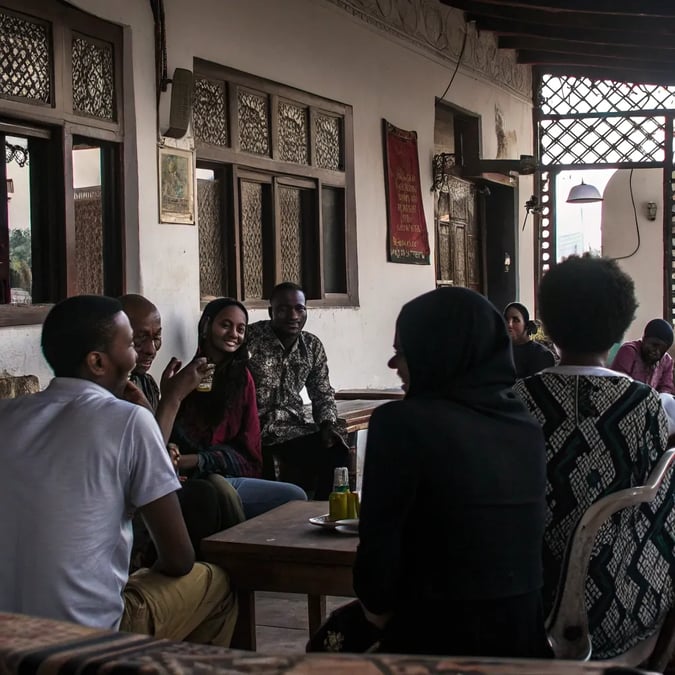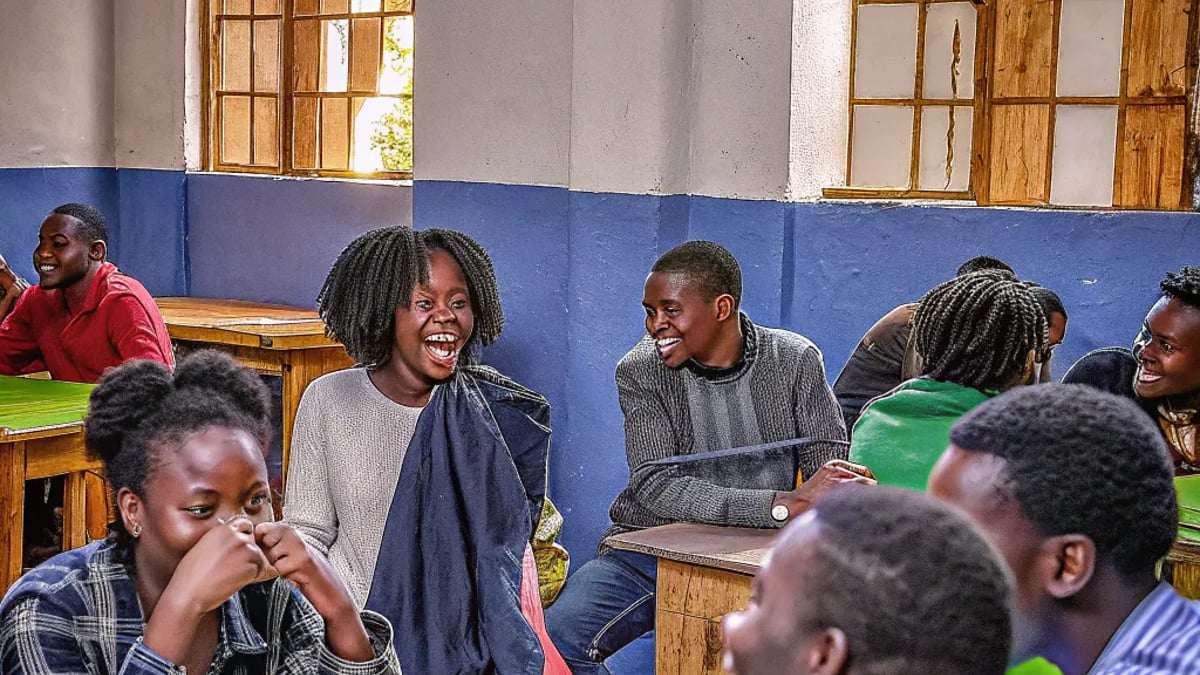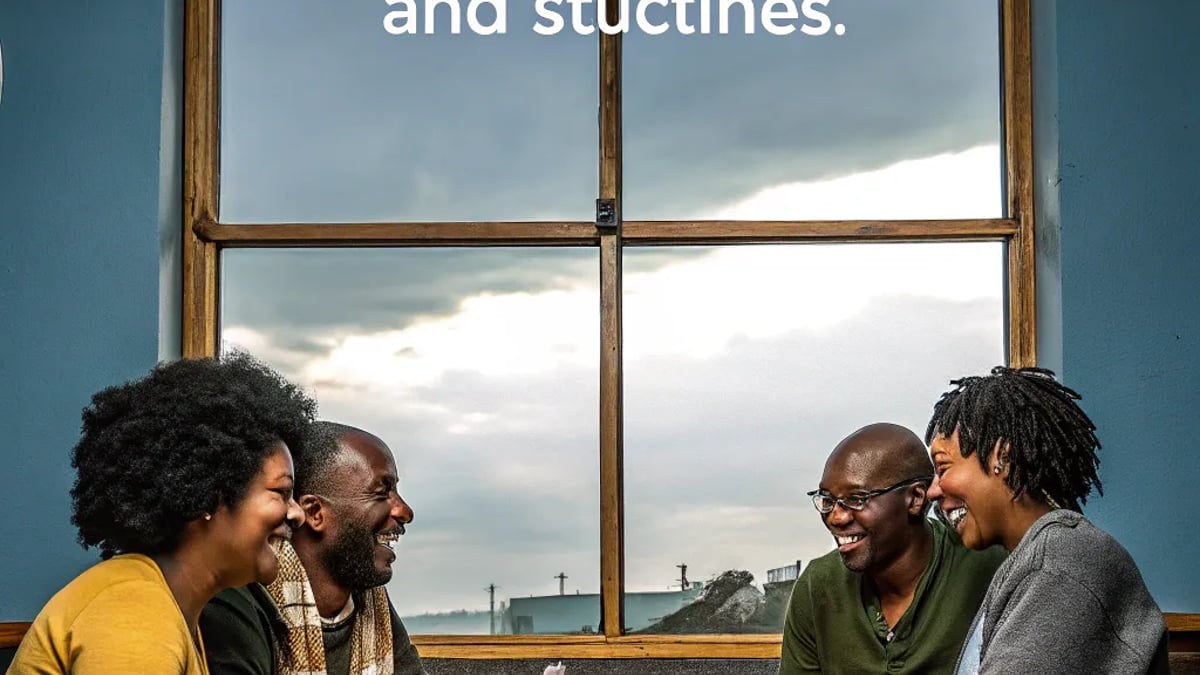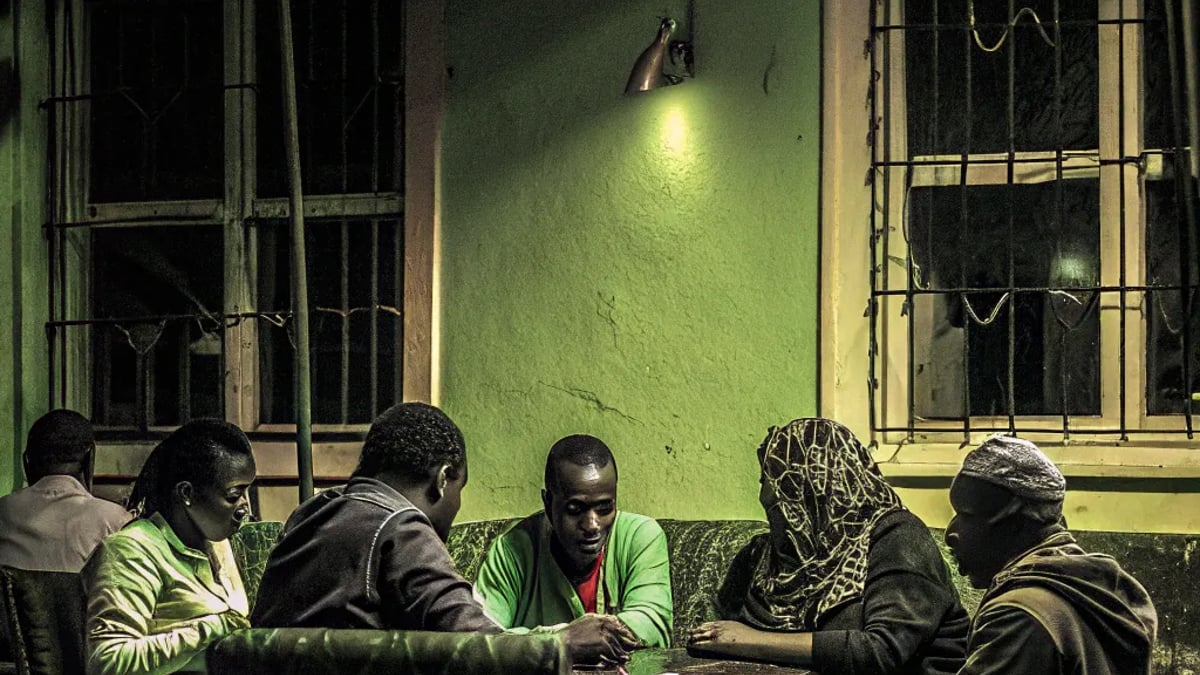
Moving to a new country is exhilarating, but it can also be incredibly isolating. Those first few weeks in a foreign place often leave you surrounded by unfamiliar faces, customs, and routines that make you feel like a perpetual outsider. I discovered this firsthand during my stint in Barcelona, where despite the vibrant streets and bustling cafés, I felt oddly disconnected from the authentic pulse of the city.
Why Traditional Tourist Interactions Fall Short
Most travelers and expats struggle to forge meaningful connections abroad. The typical tourist experience—snapping photos at landmarks, eating at recommended restaurants, and maybe chatting briefly with tour guides—rarely leads to genuine friendships.
These superficial interactions leave many feeling like they're observing local life through glass, never truly participating in it. According to seasoned travelers, this disconnect happens because traditional tourism creates a transactional relationship rather than a communal one.
"The biggest mistake people make is treating locals as part of the scenery rather than potential friends," explains Maria Gonzalez, a cultural integration specialist I met at an expat seminar last year. "Real connections require shared experiences and mutual interests—not just questions about directions or recommendations."

The Power of Structured Social Groups
Local Clubs: Your Gateway to Community
Local clubs offer structured environments where people gather around shared interests, making them perfect for newcomers seeking connection. Unlike random encounters at cafés or bars, clubs provide regular meeting times and built-in conversation topics.
In Munich, I joined a hiking club that met every second Saturday. What started as awkward small talk during our first trek through the Bavarian countryside evolved into genuine friendships by the third outing. The repeated interactions and shared challenges (like getting caught in an unexpected downpour) created bonds that casual encounters never could.
Local clubs to consider:
- Sports clubs (football, tennis, yoga)
- Hobby-based groups (photography, cooking, gardening)
- Cultural appreciation societies
- Professional networks
- Volunteer organizations

Leveraging Meetup.com and Similar Platforms
Meetup.com has revolutionized how foreigners can tap into local communities. The platform hosts thousands of interest-based groups in cities worldwide, with events specifically designed to welcome newcomers.
When I relocated to Singapore, I found a "New in Town" meetup where both expats and locals gathered monthly to explore different neighborhoods. The group's explicit purpose—helping newcomers integrate—removed the awkwardness of trying to insert myself into established social circles.
Other platforms worth exploring include:
- Facebook Groups (search for "[City] Expats" or "[City] New Arrivals")
- InterNations (focused on expat communities but with local participation)
- Bumble BFF (the friendship-finding feature of the dating app)
- Couchsurfing Events (even if you're not using the homestay feature)
Language Exchanges: The Ultimate Ice-Breaker

Language exchange meetups create the perfect environment for meaningful connections because they're built on mutual benefit. Locals want to practice English (or your native language), while you want to learn theirs—creating an immediate reason for regular, in-depth conversations.
In Tokyo, my weekly language exchange at a local community center became the highlight of my month. What began as stilted practice sessions evolved into dinner outings, weekend excursions, and eventually, invitations to family gatherings.
"Language exchanges work because they immediately establish equality in the relationship," notes Dr. James Liu, who researches cross-cultural integration at the University of Sydney. "Neither person is the 'tourist' or the 'helper'—you're both simultaneously teachers and students."
How Do I Find the Right Group for Me?
This question plagues many newcomers. With countless options available, how do you identify which communities will provide the most authentic connections?
The key is to prioritize groups that align with your genuine interests rather than those that simply seem convenient or popular. Authentic engagement happens when you're genuinely enthusiastic about the activity itself, not just using it as a social vehicle.
Consider these factors:
- Frequency of meetings - Groups that meet weekly create more opportunities for relationship-building than monthly gatherings
- Size and turnover - Smaller groups with consistent attendance foster deeper connections
- Local-to-expat ratio - Groups dominated by other foreigners may be comfortable but limit integration with locals
- Language requirements - Ensure you can meaningfully participate if not yet fluent
- Activity focus - Choose activities that naturally encourage conversation and collaboration
Professional Organizations and Networks
Professional organizations offer a unique advantage: they connect you with locals who share your career interests and often speak English or other international languages. Organizations like Toastmasters International have chapters worldwide and welcome visitors and new members.
During my time in Amsterdam, joining the local chapter of a marketing professionals' network provided not only friendship but valuable career insights and opportunities. The monthly workshops created natural conversation starters, and the shared professional vocabulary bridged cultural gaps.
Many universities also maintain alumni networks abroad, similar to Cornell University's worldwide alumni clubs, which connect graduates living in various international locations. These pre-established communities often welcome newcomers with similar educational backgrounds.
Volunteering: Connection Through Contribution
Volunteering creates particularly meaningful connections because it positions you as a contributor rather than a consumer of local culture. When you work alongside locals toward a shared goal, relationships develop organically through the experience.
In Cape Town, I spent Saturday mornings at a community garden project. The physical work, shared breaks, and visible progress created natural opportunities for conversation beyond the usual small talk. Three weeks in, I received my first home dinner invitation from a fellow volunteer.
As Syracuse University's student organizations page notes, community service groups are specifically "committed to uplifting local communities and building a better world." This collaborative mission creates ideal conditions for authentic relationships.
Digital-to-Physical Transition Strategies
While finding groups often starts online, the key is transitioning quickly to in-person interactions. Here's a practical approach:
- Research potential groups online before arriving
- Join relevant Facebook groups or forums to ask questions
- Attend an event within your first week abroad
- Commit to regular attendance with at least one group
- Accept follow-up invitations even when slightly outside your comfort zone
- Initiate gatherings after establishing initial connections
Study abroad programs like DIS recognize this need, offering structured community engagement opportunities that help students "make their study abroad city feel like home" through clubs, volunteering, and local group connections.
Embracing Discomfort as Part of the Process
Building connections abroad inevitably involves awkward moments, language mishaps, and cultural misunderstandings. Rather than avoiding these experiences, successful integration requires embracing them as part of the journey.
At my first German board game night, I misunderstood the rules so dramatically that the group still teases me about it years later. What could have been mortifying became a shared joke that accelerated my acceptance into the circle.
The most meaningful connections often emerge from these vulnerable moments—when locals see your willingness to risk embarrassment to engage with their culture.
The Long-Term Impact of Local Connections
The relationships formed through local clubs and meetups often become the most valuable souvenirs of time abroad. Beyond enriching your immediate experience, these connections provide cultural insights no guidebook can offer and often lead to lifelong friendships that transcend borders.
As travel writer Matt of Nomadic Matt puts it, "The truth about meeting locals abroad is that it takes effort, but the rewards are immeasurable." Through consistent participation in structured social groups, you transform from observer to participant in the authentic life of your host country.
The next time you find yourself in a new country, skip the tourist traps for an afternoon and head to a local club meeting instead. You might just find that the most memorable experiences aren't found in landmark visits, but in the living rooms, community centers, and neighborhood parks where real life happens.
Tags

About Rylan Thorne the Author
Rylan Thorne is a travel enthusiast and digital nomad who has spent the last decade optimizing remote-work-tools to seamlessly blend work and wanderlust. His expertise lies in integrating productivity apps and communication platforms to enhance the remote work experience from any corner of the globe.
Recommended Articles
No Rinse Body Wipes Seniors Love for Easy Clean Anytime
Discover the convenience of no rinse body wipes for seniors, promoting hygiene and making personal care easier anytime, anywhere.
Ranked: The Candy Bars Americans Love Most
Discover the fascinating world of America's favorite candy bars, where classic flavors like Snickers and Reese's Peanut Butter Cups reign supreme while newcomers and artisanal treats vie for attention in a landscape of evolving tastes. From regional preferences to the exciting convergence of candy and protein bars, this article unveils the sweet dynamics reshaping America's confectionary cravings and hints at the irresistible trends shaping the future of our sweet tooths.
The Candy Bar Everyone’s Fighting Over This Year
Dive into the candy craze of 2025 as an unexpected nostalgic chocolate bar sweeps the sweet-toothed nation, skyrocketing to the top of candy rankings and inciting store aisle skirmishes fueled by scarcity, social media buzz, and celebrity endorsements. Discover how this simple yet sensational confection has turned into a coveted status symbol and whether it truly lives up to the hype, as it reshuffles long-standing favorites on the candy shelves to become the season's hottest indulgence.
Fun Hobbies Seniors Are Loving in 2025
Discover how seniors are reshaping retirement life with trending hobbies in 2025 that blend creativity, activity, and social connection, from captivating photography and dance classes to innovative virtual reality adventures. Whether capturing meaningful moments or exploring new talents, these pursuits are enhancing older adults' mental and physical wellbeing, offering a vibrant, fulfilling lifestyle for every interest and ability.
Living with a Host Family: The Deepest Travel Experience I’ve Had
Dive into the transformative world of cultural immersion as the author shares their profound experiences of living with host families across the globe, from mastering homemade tortilla española in Spain to embracing the art of kintsugi in Japan. This article not only highlights the joys and challenges of navigating new family dynamics but also offers practical tips on finding the perfect host family for a truly authentic travel experience that promises lifelong connections and insights far richer than fleeting tourist encounters.




